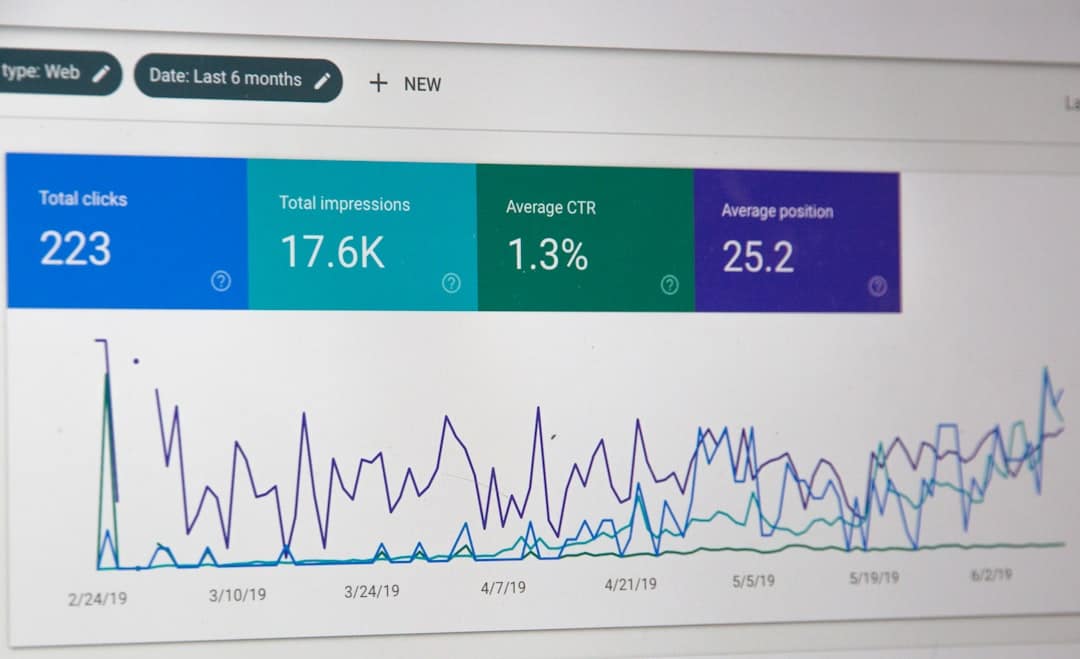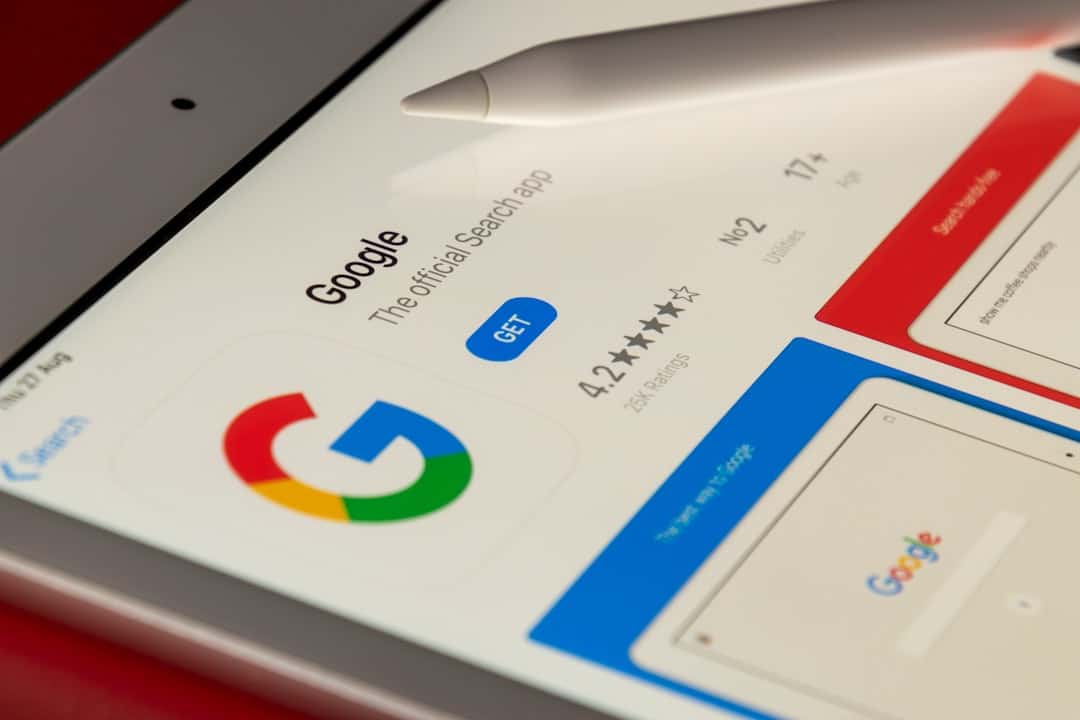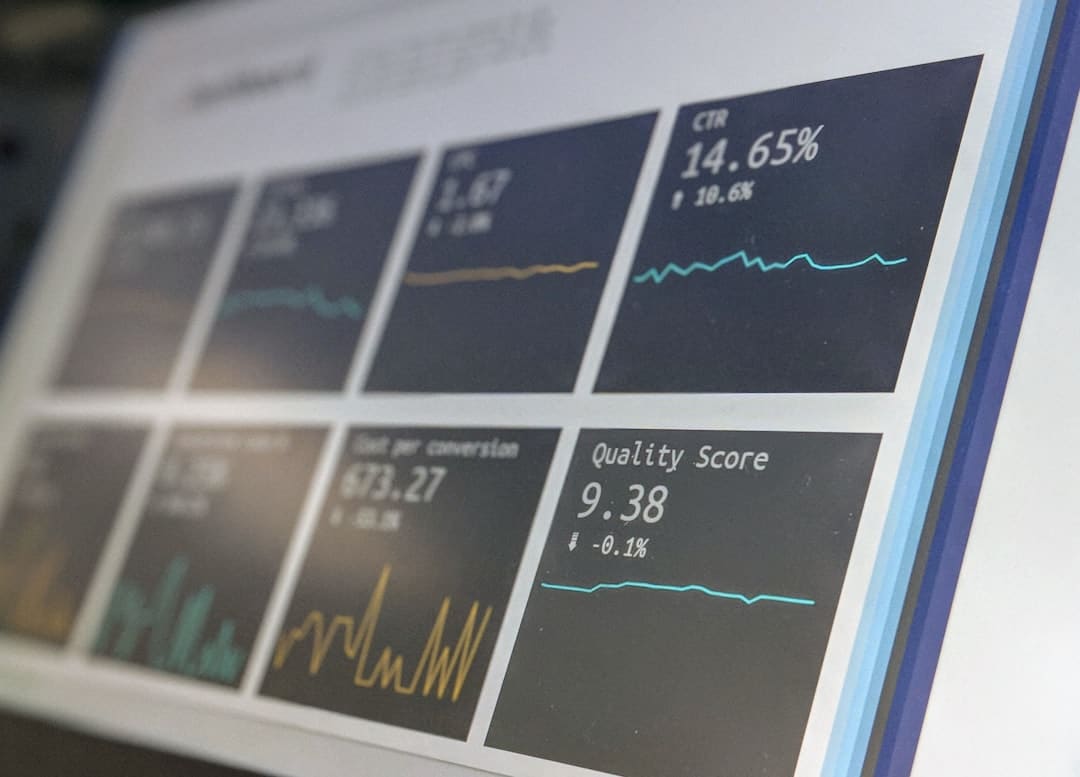Table of Contents
Introduction
The travel and hospitality industry has undergone significant transformations in recent years. With the rise of online travel agencies (OTAs), metasearch engines, and the ever-growing influence of social media, hotels now face intense competition to capture guest bookings directly from their own websites. That’s where hotel search engine optimization becomes a critical business tool. By leveraging strategic SEO, properties of all sizes—from family-run boutiques to multinational chains—can improve their online visibility, boost direct bookings, and reduce dependence on third-party channels.
In the United States alone, millions of travelers go online daily to research destinations, compare hotel prices, and read guest reviews. If your hotel doesn’t appear on the first page of search results—or worse, isn’t optimized at all—you risk losing substantial revenue to competitors that have embraced an SEO-first mindset.
The goal of this comprehensive guide is to equip hoteliers, digital marketing managers, and hospitality professionals with the key tactics to successfully implement hotel search engine optimization. We’ll delve into on-page and off-page SEO techniques, examine the importance of local SEO for hotels, and discuss technical elements that can make or break your search rankings. We’ll also explore essential metrics for gauging SEO performance and provide answers to common questions about implementing SEO strategies in the hospitality sector.
By the end of this guide, you’ll have a solid framework for optimizing your hotel’s online presence, capturing the attention of your target market, and driving more direct bookings through your website.
Understanding Hotel Search Engine Optimization

Definition of Hotel Search Engine Optimization
Hotel search engine optimization refers to the process of optimizing a hotel’s online presence—its website, local listings, social media profiles, and other digital touchpoints—to rank higher in search engine results pages (SERPs). In simpler terms, it’s about making sure your hotel appears prominently when prospective guests type in queries like “best boutique hotel in New York,” “luxury beach resort in Miami,” or “family-friendly hotels near Disneyland.”
SEO in the hospitality realm isn’t limited to merely sprinkling keywords into your website copy. It requires a holistic approach, integrating technical optimizations, content marketing, user experience enhancements, and strategic link-building efforts. In essence, search engine optimization hotel tactics aim to improve both the visibility and credibility of your brand in the digital landscape.
Importance for the Hospitality Industry
For hotels, SEO extends well beyond just getting more “web traffic.” It plays a pivotal role in:
- Attracting Qualified Leads: Potential guests who land on your website via targeted keywords are often already in a buying mindset—whether they’re planning a vacation, attending a conference, or simply looking for last-minute accommodation deals.
- Reducing Reliance on OTAs: While Online Travel Agencies can be beneficial, their high commission rates eat into profits. A strong SEO strategy enables you to capture more direct bookings, improving your bottom line.
- Enhancing Brand Visibility: Appearing at or near the top of search results bolsters your hotel’s brand recognition and credibility, helping you stand out in a competitive market.
- Building Trust and Reputation: SEO-driven best practices often align with delivering a better user experience. Faster site speeds, secure browsing, and relevant content collectively signal professionalism and trustworthiness.
Given the rapid growth of online bookings—and the fact that many travelers begin trip planning with a search engine query—effective hotel SEO is no longer a luxury but a necessity.
Key Strategies for Effective Hotel SEO

1. On-Page SEO Techniques
On-page SEO focuses on the elements within your website that can be optimized for better search engine rankings and user engagement. Effective on-page SEO ensures your site not only appears higher in SERPs but also provides valuable content that keeps visitors on your pages longer.
a) Keyword Optimization
One of the cornerstones of hotel search engine optimization is strategic keyword use. Start by identifying relevant keywords based on your location, services, and target market. Examples might include “luxury beachfront hotel in Florida,” “affordable business hotel in Chicago,” or “pet-friendly hotel in San Francisco.”
- Incorporate Long-Tail Keywords: Travelers often use specific queries, such as “family-friendly hotel near Times Square with free breakfast.” Tailoring your content to these long-tail searches can help you capture highly motivated guests.
- Natural Keyword Placement: Avoid keyword stuffing. Instead, place your primary keyword in high-impact areas—page titles, headings (H1, H2), meta descriptions, and the first 100 words of your content. Use synonyms and related phrases naturally throughout the text.
- Semantic SEO: Search engines increasingly understand context. If you’re targeting a keyword like “boutique spa hotel in Las Vegas,” complement it with related terms—like “wellness,” “massage treatments,” “poolside cabanas”—to provide depth and clarity.
b) Quality Content Creation
Content is the lifeblood of on-page SEO. In the hospitality context, content can span everything from blog posts about local attractions to detailed room descriptions and high-quality imagery of your amenities.
- Focus on Value: Creating content that genuinely aids the traveler’s decision-making process can increase dwell time and reduce bounce rates. For instance, a blog post titled “Top 10 Museums to Visit Near Our Downtown Hotel” is more valuable than generic fluff pieces.
- Regular Updates: Consistently publishing fresh content signals search engines that your site is active. Regularly update your blog, add seasonal promotions, or create new landing pages for special events.
- Multimedia Elements: Incorporate videos, virtual tours, or 360-degree images to engage users. Not only do visual assets enrich the user experience, but they also offer additional SEO opportunities through image alt text and video descriptions.
c) Meta Tags and Descriptions
While meta tags aren’t the be-all and end-all of SEO, they still play a vital role in communicating page relevance to both search engines and potential visitors.
- Title Tags: Keep titles concise (50-60 characters) and include your target keyword near the front. For instance, “Luxury Beachfront Hotel in Miami | Oceanview Suites.”
- Meta Descriptions: Provide a brief, compelling summary (about 155-160 characters) that describes what the page is about. Mention your unique selling points—like free breakfast, spa discounts, or proximity to major landmarks—to entice click-throughs.
- Header Tags (H1, H2, H3): Properly structure your content with relevant headings and subheadings. This not only helps with readability but also allows search engines to quickly identify the page’s main topics.
2. Off-Page SEO Techniques
While on-page SEO is foundational, off-page factors like backlinks and social signals also heavily influence search rankings. These elements help search engines gauge your website’s authority, trustworthiness, and popularity.
a) Building Backlinks
Backlinks—links from external websites to yours—act as votes of confidence. The more high-quality backlinks you earn, the more search engines view your site as authoritative.
- Local Partnerships: Collaborate with local tourism boards, convention centers, restaurants, or nearby attractions. Mutual linking arrangements can boost both parties’ online presence.
- Guest Posting: Contribute expert articles to travel blogs or industry publications. In exchange, you typically receive a link back to your site, driving both referral traffic and SEO benefits.
- Online Directories: Listing your hotel on reputable directories—especially local business listings—improves both your visibility and link profile.
b) Social Media Engagement
Although social media signals themselves are not direct ranking factors, the increased brand awareness and traffic they generate can indirectly boost SEO performance.
- Consistent Branding: Use consistent imagery, logos, and color schemes across social platforms to strengthen brand recall.
- Engaging Content: Social media is the perfect venue for showcasing high-quality images of your property, videos of guest experiences, or behind-the-scenes tours. Engaging content is more likely to be shared, expanding your reach.
- Promotions and Giveaways: Offering exclusive deals or freebies can go viral, leading to a significant uptick in site visits and potential backlinks.
Local SEO for Hotels
Importance of Local SEO
For brick-and-mortar businesses like hotels, local SEO for hotels can be a game-changer. With travelers often searching for accommodations in specific locales, ensuring you rank well for queries that include local modifiers—such as “downtown,” “near airport,” or “close to conference center”—is vital. Local SEO optimization also helps capture “near me” searches, which are increasingly popular on mobile devices.
Whether you run an independent boutique inn or manage a large chain, local SEO ensures that guests can easily find you when they’re searching from your region or explicitly looking for lodging in your area.
Strategies for Local SEO
a) Google Business Profile Optimization
Google Business Profile (formerly Google My Business) is one of the most critical tools in a hotel’s local SEO arsenal. This free platform lets you manage how your hotel appears on Google Search and Google Maps.
- Accurate Business Information: Ensure your hotel’s name, address, and phone number (NAP) are accurate and consistent across all platforms.
- Complete Profile: Fill out all relevant sections—photos, category, amenities, descriptions, operating hours, and more. The more information you provide, the higher the likelihood of ranking in local search results.
- Booking Integration: Google often displays a “Check Availability” button for hotels. Make sure your booking system is integrated so potential guests can quickly see room prices and availability.
b) Local Listings and Citations
Beyond Google Business Profile, local SEO also encompasses being listed on other reputable platforms:
- Travel and Review Sites: Ensure your information is correct on TripAdvisor, Yelp, Booking.com, and other OTA platforms.
- Local Directories: Check local chambers of commerce, tourism boards, or city guides. Being listed in these directories can boost your online authority and brand visibility.
- Consistency is Key: The same NAP details should be used across all listings. Inconsistent or outdated information can lead to penalties or confusion.
c) Customer Reviews Management
Online reviews are highly influential in the hospitality space. A high volume of positive reviews can improve local search rankings, while negative reviews can deter potential guests.
- Encourage Happy Guests to Leave Reviews: Politely request satisfied guests to share their feedback on Google, TripAdvisor, or other key review platforms.
- Respond to Both Positive and Negative Reviews: Thank positive reviewers for their feedback, and address negative reviews with empathy and actionable solutions. Demonstrating genuine concern and willingness to rectify issues can improve public perception and future bookings.
- Incorporate Feedback: Use review insights to make tangible improvements. If multiple guests complain about noisy rooms or lack of breakfast variety, address these issues promptly to enhance guest satisfaction and future reviews.
Technical Aspects of Hotel SEO
While content and backlinks often dominate SEO discussions, technical factors are equally crucial. From site speed to mobile optimization, these foundational elements can significantly influence your ranking potential and user experience.

Site Speed and Mobile Optimization
Slow websites frustrate users and increase bounce rates, signaling to search engines that your site may not be offering an optimal experience. Given that many travelers plan trips and book hotels via smartphones, mobile optimization is also essential.
- Page Speed: Compress images, leverage browser caching, and use a content delivery network (CDN) to reduce page load times. Tools like Google PageSpeed Insights can help identify specific bottlenecks.
- Mobile-Responsive Design: Ensure your website automatically adjusts to different screen sizes. A mobile-friendly layout that’s easy to navigate will enhance user satisfaction and reduce bounce rates.
- AMP (Accelerated Mobile Pages): Some hotels use AMP to provide a stripped-down, faster version of key landing pages. While not mandatory, it can help deliver quick-loading pages for mobile users.
Importance of a Secure Website (HTTPS)
Security is a ranking signal for search engines. An HTTPS certificate encrypts data between the user’s browser and your website, protecting personal and payment information.
- SSL/TLS Certificate: Procure and install a valid SSL/TLS certificate on your server. This transforms your URLs from HTTP to HTTPS.
- User Confidence: A padlock icon in the address bar can reassure potential guests, especially if they’re entering payment details or personal information during booking.
- SEO Bonus: While minor, Google has confirmed that HTTPS is indeed a factor that can influence ranking. Having a secure site is now widely considered a best practice in SEO.
Monitoring and Measuring SEO Success

Key Performance Indicators (KPIs) for Hotels
To gauge the effectiveness of your search engine optimization hotel strategy, it’s essential to track performance metrics that align with your specific business goals. While vanity metrics like raw traffic might look good, they don’t necessarily translate into revenue or bookings.
- Organic Traffic: The number of visitors arriving at your site from unpaid search results. Monitor changes and identify which keywords drive the most traffic.
- Bounce Rate and Session Duration: High bounce rates or short sessions could indicate mismatched content or a poor user experience.
- Conversion Rate: Ultimately, the percentage of visitors who complete a desired action (e.g., room booking, newsletter sign-up) is a more direct measure of your site’s success.
- Average Booking Value: How much revenue, on average, does each direct booking generate? This metric can help in forecasting and refining your revenue strategy.
- RevPAR Contribution: If you integrate booking and revenue data, you can also measure how much organic traffic contributes to your RevPAR (Revenue per Available Room).
Tools for Tracking SEO Performance
- Google Analytics: Offers comprehensive insights into traffic, user behavior, and conversion paths. Segment data to evaluate how organic visitors interact with your site compared to referral or paid traffic.
- Google Search Console: Provides information on search impressions, clicks, and average rankings for specific queries. It also alerts you to technical issues like crawl errors or mobile usability problems.
- SEO Platforms: Tools like Moz, Ahrefs, or SEMrush help track keyword rankings, analyze backlinks, and conduct site audits. These insights enable you to refine your content and link-building strategies.
- Local SEO Tools: Platforms like BrightLocal or Yext specialize in local listings and citation management, ensuring your hotel’s NAP information remains accurate across multiple directories.
By regularly reviewing these metrics, you can identify strengths, pinpoint weaknesses, and make data-driven decisions to continually improve your hotel SEO efforts.
Frequently Asked Questions
Below are some common questions hoteliers and hospitality marketers often ask when first delving into hotel search engine optimization.
- What’s the difference between “hotel SEO” and “search engine optimization hotel”?
- Both terms generally refer to the same concept: optimizing a hotel’s online presence for better visibility in search engines. The slight wording variation—“hotel SEO” vs. “search engine optimization hotel”—simply reflects how users might phrase their searches differently. In practice, your strategy will address all aspects of SEO regardless of these linguistic nuances.
- How long does it take to see results from hotel SEO efforts?
- SEO is a long-term investment. While some improvements (like fixing on-page errors or speeding up site performance) can yield quick wins in a matter of weeks, more competitive keywords or backlink strategies may take several months to a year to show significant results. Consistency, patience, and ongoing optimization are key.
- Why do I need local SEO if I already rank for general hotel keywords?
- General or broad keywords (e.g., “best hotels in the US”) might attract a huge volume of searches, but they are extremely competitive and may not convert well if your property is located in a specific city or neighborhood. Local SEO for hotels targets travelers looking to stay in or near your location. Ranking for “boutique hotel in downtown Seattle” or “luxury resort in Orlando near theme parks” can bring more qualified, high-intent leads.
- Is social media engagement really part of off-page SEO?
- Social media signals (likes, shares, comments) may not be a direct ranking factor in Google’s algorithm. However, an active social media presence can drive traffic, foster brand loyalty, and generate more backlinks if your content goes viral or is shared widely. Essentially, social engagement is an indirect yet powerful component of an effective SEO strategy.
- Should I focus more on direct bookings or building my presence on OTAs?
- Both channels have merit. OTAs bring a wide audience but come with high commissions. Direct bookings through your website often yield a higher profit margin. An optimal approach balances both: maintain a presence on OTAs for broader reach, but invest in hotel search engine optimization to capture high-intent travelers and reduce OTA dependence over time.
Conclusion
Hotel search engine optimization is more than just a buzzword; it’s a comprehensive methodology for elevating your property’s visibility, reputation, and profitability in an increasingly crowded digital marketplace. By integrating on-page and off-page SEO tactics, focusing on local searches, optimizing for mobile users, and regularly tracking performance metrics, hotels can create a robust online ecosystem that consistently attracts and converts potential guests.
Remember that SEO is not a one-and-done venture—it’s an ongoing process that requires continuous fine-tuning, content updates, and adjustments based on market conditions and algorithm changes. However, the rewards of a well-executed SEO strategy are well worth the effort: increased direct bookings, improved guest satisfaction, and a fortified brand presence.
As you embark on or refine your search engine optimization hotel plan, keep these five key strategies top of mind:
- On-Page Excellence: Optimize keywords, create high-value content, and fine-tune meta tags.
- Off-Page Authority: Build a strong backlink profile and foster community engagement through social media.
- Local SEO Focus: Claim and optimize your Google Business Profile, manage citations, and encourage customer reviews.
- Technical Health: Prioritize site speed, mobile responsiveness, and overall security (HTTPS).
- Data-Driven Evolution: Use analytics tools to measure performance, adapt to changes, and remain competitive.
By implementing these practices diligently, you position your hotel for success in a digital world where first impressions and high rankings can determine whether you secure that next booking—or lose it to a competitor.

